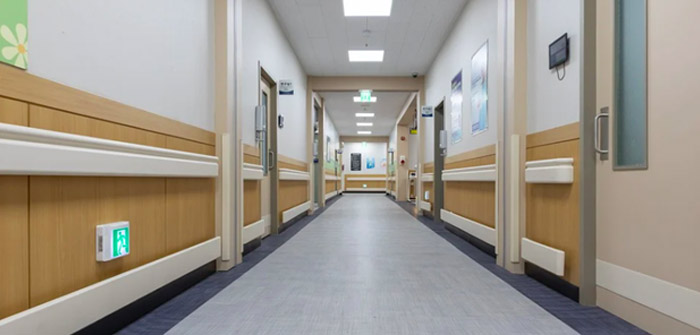Slip and fall accidents are an unfortunately common occurrence that creates a huge liability for business owners. Typically, when your guests get into a slip and fall accident, they may initiate a settlement claim to obtain compensation from you or file a lawsuit. However, proof of the accident is required and there must be evidence that you were at fault for their injuries. Business owners typically have insurance that protects them from liability. You can also consult with a personal injury attorney to get guidance on how to manage a slip and fall accident settlement whether or not you are at fault. You can read more here. Below are steps you can take after someone was injured on your business premises.
Visitor Initiates Settlement
After a visitor has been injured on your premises, they will probably take pictures and collect evidence to support their claim. They may contact you and inform you of their injuries, then request help from their attorney to obtain compensation from your insurance company.
Contact Your Insurance Company
When you have an incident on your property, you must contact your insurance company and let them know what happened. They will perform an investigation into the case and try to discover whether you can be held liable for the incident. There must be reliable evidence to prove you are at fault since unfounded proof won’t hold up in an insurance claim or court.
Speaking With Attorneys
Either the claimant or their attorney will contact you and your insurance company. You can recruit the help of a premises liability attorney to give you accurate advice about how to handle their claim. They can perform an investigation as well to reveal whether you are at fault by finding out if the following circumstances are present in your case:
Duty of Care
If you are providing a duty of care, this means you are responsible for creating a safe environment for your customers. This doesn’t mean you are liable for any injury, as it is impossible to prevent every accident. Instead, you have to meet standard requirements to uphold reasonable safety measures for your visitors.
You will have to provide warning signs if there are uneven, slippery, or perilous areas. Also, your property must be well maintained and regularly cleaned to help stop slip and fall injuries. You will also be expected to receive regular inspections on your premises to help correct any violations or defects that can create hazards for visitors.
Breach of Duty
When you fall beneath the basic standards of duty of care, this is considered to be a breach of duty. If you didn’t adhere to inspections, failed to maintain your property properly, or didn’t repair parts of your premises, then those conditions could cause dangerous obstacles for your visitors. In some cases, it could be your employees who made a mistake when they forgot to clean up an area or didn’t place a warning sign.
Causation
The breach of duty has to be the direct cause of injury to your customer. They can’t be injured before arriving, trip and fall, then blame their injury on you. If the customer can directly tie their injury to the flaws on your premises through reasonable means, then you would be at fault.
Harm Caused
If the customer suffered no damages, then they have no case. As long as they have been injured, then they can seek compensation.
What Happens Next?
When a customer is injured on your property, you should speak to both your insurer and an attorney. Both can protect you from fraudulent settlement claims.





